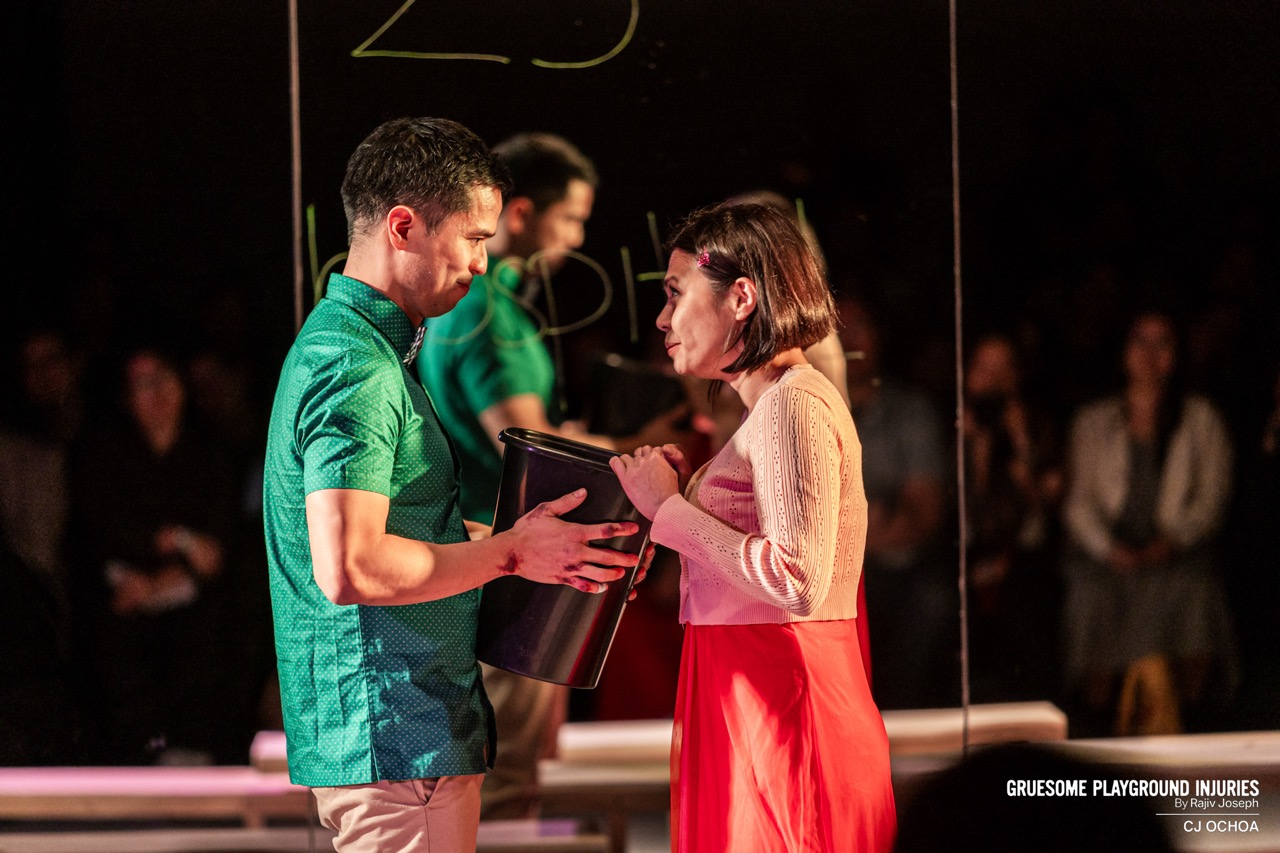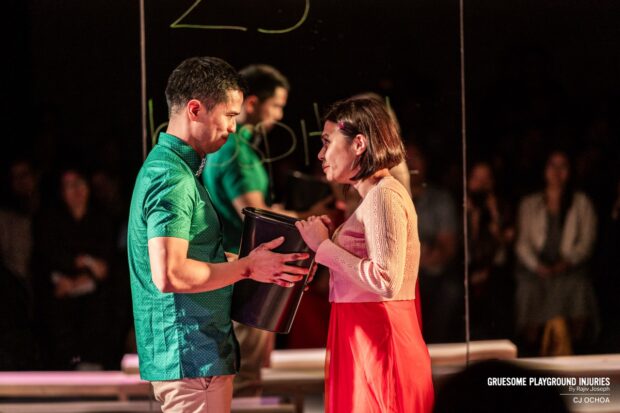
The Harvard community in Cambridge, MA, was roiled in early May by the effort of a campus group to stage a Black Mass in a campus facility. An actual Black Mass involves the desecration of a consecrated host and a mockery of the Catholic Eucharistic liturgy.
Modern Satanism’s founder, Anton Lavey, author of the Satanic Bible, stated: “A Black Mass is essentially a parody on the religious services of the Roman Catholic Church, but can be loosely applied to a satire on any religious ceremony.”
The Harvard Extension Cultural Studies Center teamed up with the Satanic Temple to re-enact a Black Mass at 8:30 p.m. on May 12 at Queen’s Head Pub in Memorial Hall, an impressive structure built in honor of those who served in the Civil War.
The initial permission for the proposal was justified in the name of academic freedom, with “commentary and historical context” provided by some of the temple’s atheistic Satanists.
The club argued that the performance was designed to be educational, “to learn and experience the history of different cultural practices,” not to denigrate any religion or faith, which would be repugnant to our educational purposes.
Faustian bargain
Harvard’s first woman president, Drew Faust, provoked some puns on the Internet about a Faustian bargain, but did not return a request for comment.
She found the group’s sponsorship of the Black Mass “abhorrent” but felt constrained to allow it in the name of free speech. Until late that afternoon, concerned Harvard faculty members were discussing the issue.
She did finally appear at a Catholic Holy Hour at St. Paul’s Church, the Catholic parish closest to Harvard, organized to counter the satanic rite.
The incident was ironic since Harvard was originally founded by Puritans as a divinity school in 1636. Its modern logo prominently features the word “Veritas” (truth), but an older logo carried under the Veritas logo the words “Christo et Ecclesia” (Christ and the Church).

There was some self-contradiction implied in the sponsors’ description. Some questioned how atheists, who do not believe in God, could be Satanists, which would imply a belief in Satan.
Catholic response
The Catholic response to the Black Mass (an act of hate) was to hold a Holy Hour and Benediction, to respond with prayer and love.
This atmosphere of love and, indeed, spiritual joy and a total absence of rancor permeated the church service from the beginning, when children from the St. Paul’s choir school led the opening procession singing “Alleluia, Sing to Jesus.”
People of all ages and backgrounds were even kneeling on the aisles to participate—a Franciscan in full habit; a young woman with a little girl; a Hispanic man—a true cross-section of the Church in the world.
Over 1,500 people crowded in the church (including my daughter Isabel, Harvard ’94, and myself, although we could not stay through to the end as we had to fetch my granddaughter Bianca from a school rehearsal). President Faust was heard over the intercom being greeted by the parish priest.
Other hundreds of devotees marched at a Eucharistic procession carrying a monstrance under a pallium from the chapel of Massachusetts Institute of Technology. They arrived at St. Paul’s after the prayer service had started and solemnly strode in with the monstrance.
Behind this came a couple of Hispanic men carrying a green Guatemalan banner with the portrait of the Virgin that looked, according to my daughter, like the Virgin of Antipolo.
Chorus of condemnation
Nearly 60,000 students, alumni and faculty members signed a petition against holding a Black Mass on campus, according to Harvard Rhodes scholar Aurora Griffin.
What finally happened to the Black Mass is still shrouded in ambiguity. The chorus of condemnation from Catholic groups, university officials and students led to its abrupt cancellation. Early that evening, a Satan’s Temple spokesman told the Boston Globe that the Black Mass was canceled because they no longer had a venue.
The Harvard Extension School decided to find a new location and was no longer co-sponsoring the Mass after plans to hold it in the Middle East Club in Central Square, Cambridge, fell through.
Late that day, a scaled-down version of the Mass, without the co-sponsorship of the Harvard Extension Cultural Studies Club, was held by members of the New York-based Satanic Temple at the Hong Kong lounge near Harvard Square. This was e-mailed at 10:35 p.m.
A lounge employee contacted by phone said temple members were drinking at the bar but did not appear to be performing any rituals.
Power of Satan
The archdiocese of Boston reminded the faithful that Pope Francis himself recently “warned of the danger of being naïve about or underestimating the power of Satan, whose evil is too often tragically present in our midst.”
The events of May 12 at Harvard are looked on by Catholics as the triumph of love over hate.
A former classmate who rose to high rank in the university administration told me at the time he was glad to be out of a position where he would have to mediate between academic freedom and vicious ideas, a no-win situation. Now he writes me that he thinks Harvard handled the affair quite well.
(Aside from personal observations, some of the data included here came from the May 13 Boston Globe and the National Catholic Register.)













































